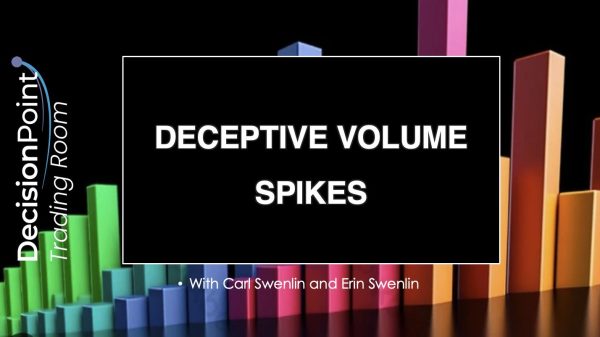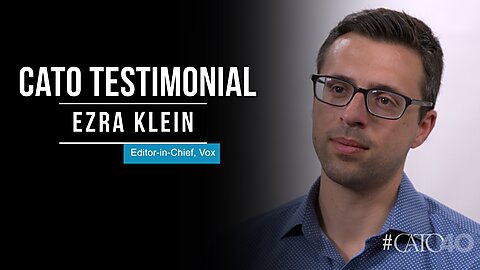Jeffrey A. Singer
A paper published in the journal Harm Reduction in June by Arielle Selya, PhD argues against the “gateway” hypothesis that nicotine-vaping prohibitionists like to employ. Electronic nicotine delivery systems (ENDS) opponents point to studies that suggest teens who use e‑cigarettes may be more likely to use illicit drugs and tobacco. (To be logically consistent, they would also have to claim that tobacco is a gateway to using illicit drugs.) However, as is the case with similar, long-ago debunked arguments against cannabis use as a gateway to harder drugs, the hypothesis is based on observational studies that show correlation, not causation.
Congress commissioned the Institute of Medicine of the National Academy of Sciences to investigate whether cannabis is a gateway drug to other, more harmful illicit substances, and in 1999 it concluded:
Patterns in progression of drug use from adolescence to adulthood are strikingly regular. Because it is the most widely used illicit drug, marijuana is predictably the first illicit drug most people encounter. Not surprisingly, most users of other illicit drugs have used marijuana first. In fact, most drug users begin with alcohol and nicotine before marijuana — usually before they are of legal age.
In the sense that marijuana use typically precedes rather than follows initiation of other illicit drug use, it is indeed a “gateway” drug. But because underage smoking and alcohol use typically precede marijuana use, marijuana is not the most common, and is rarely the first, “gateway” to illicit drug use. There is no conclusive evidence that the drug effects of marijuana are causally linked to the subsequent abuse of other illicit drugs.
An alternative explanation for these correlations is what researchers call “common liability.” The common liability hypothesis claims that users of various substances share a common attraction to a component or effect of those substances. In the case of vaping and tobacco smoking, the component is nicotine.
Dr. Selya writes:
[E]arly conceptualizations of the gateway concept—marijuana use leading to subsequent use of “harder” substances—is no longer accepted as a plausible hypothesis. It has since been dismissed for the same reasons: that the association between marijuana use and other substance use reflects common risk factors rather than a causal relationship…
… rather than ENDS use directly causing some youth to also smoke cigarettes (as in the gateway explanation), youths’ pre-existing tendency to use products containing nicotine explains why youth who use ENDS also smoke cigarettes. This is referred to as the common liability explanation because the same list of individual characteristics mentioned above are common to both ENDS use and cigarette smoking, and having these characteristics is a liability (i.e., they are risk factors) for using any product that contains nicotine.
In an interview with Filter Magazine, Dr. Selya states, “The real question is: What would these youths have done in a hypothetical world without e‑cigarettes? We call this the ‘counterfactual.’”
Youth tobacco smoking has been declining since 2004. “Common liability” may explain why the rate of decline in youth tobacco smoking accelerated after e‑cigarettes appeared on the scene. It may also explain a UK survey released this month showing nearly 3 million people have used nicotine e‑cigarettes to quit smoking since 2019, and a record 5.3 million people currently vape in the UK (11 percent of the population).
Of course, policymakers should not interfere with adults’ right to vape because of concerns that minors might do so. Besides, as is the case with alcohol, it is already illegal for retailers to sell e‑cigarettes to anyone under age 21. However, in their zeal to restrict access to alternative nicotine delivery systems, policymakers should remember to consider the counterfactual.
























